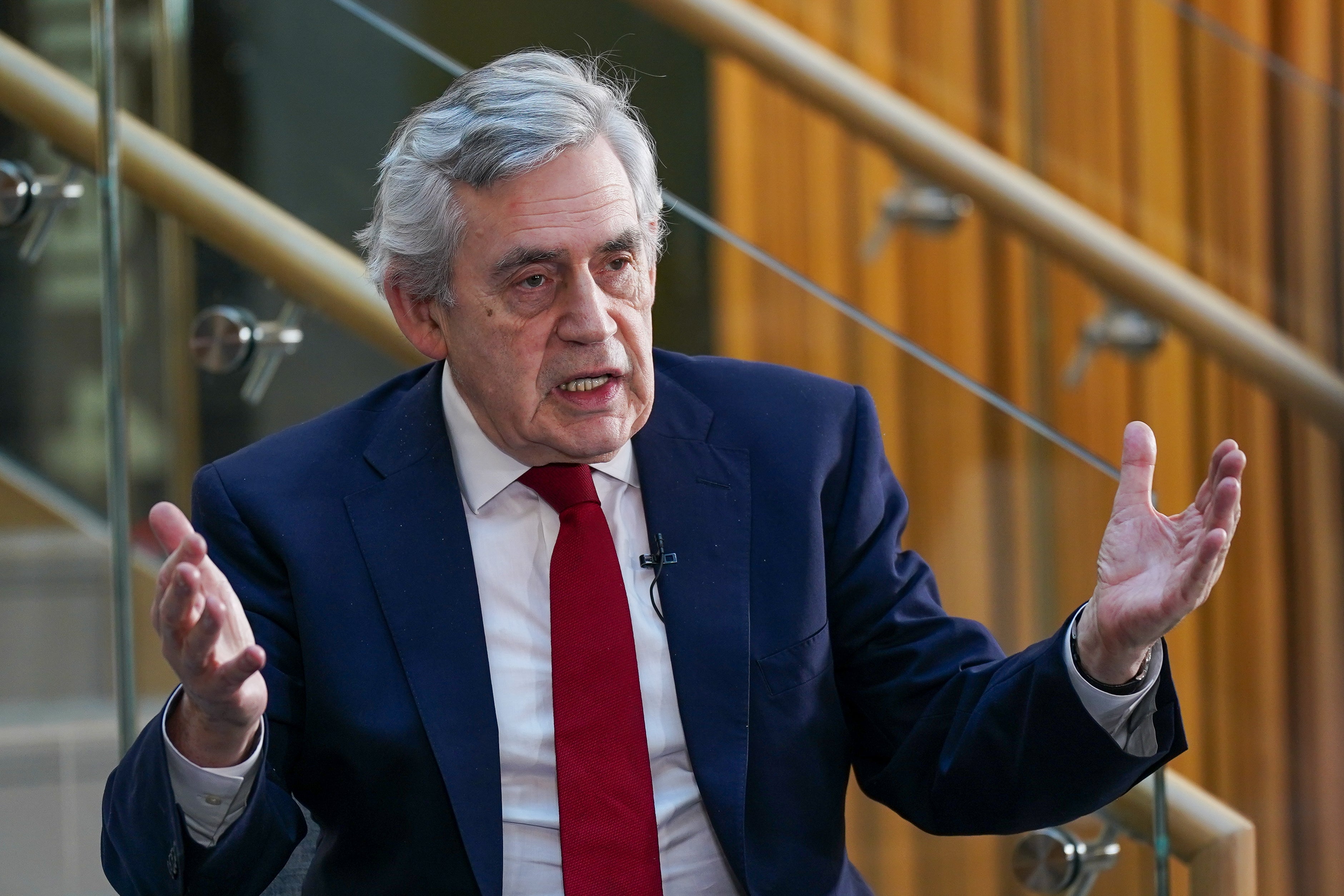Gordon Brown isn’t the first politician, and nor will he be the last, to try to reform the House of Lords. Indeed, he was a prominent member of the last Labour government that achieved some significant reform of the hereditary element of the membership of the Lords.
The Blair and Brown governments carried on appointing a mix of experts and superannuated politicians to the upper house – and redressed its traditional Tory predominance, albeit entrenching cronyism along the way.
Today, it is a more politically balanced chamber, with plenty of wisdom and expertise at its disposal – and with tightly drawn conventions and laws about it keeping to its role as a revising chamber that stays out of financial matters. It doesn’t try to defy the Commons on matters the people voted for in a manifesto.
As is often observed, it is an eccentric, undemocratic assembly with few counterparts anywhere else. It is indefensible, but it tends to work. It does need reform, but the Brown proposals as they stand are so unbalanced they would merely weaken parliament as a whole.
The second reason for the durability of the Lords is that no one has yet come up with a plan that doesn’t create more problems than it resolves. The Brown report is no different. First, it proposes that the Lords’ functions be purely limited to “ensure that the constitutional limits on government power are obeyed, that power is truly shared with the devolved legislatures and across England, and give voice explicitly to the different nations and regions of the United Kingdom”.
Such a remit would mean that the Lords’ revising power over non-constitutional matters – such as education or the NHS, or defence and foreign affairs – would entirely disappear. For very wide areas of policy, the UK would become unicameral. In a system where the executive can control and wield such power over the House of Commons, that would effectively transfer more power to an already over-mighty executive.
The Supreme Court has shown it is able to defend constitutional rights and conventions – and that includes the devolved administrations.
The new Assembly of the Nations and Regions is a fine, innovative, idea because it recognises (long overdue) that the UK comprises a wide range of municipalities, provinces and regions – and that the UK is now a nation pioneering a form of asymmetric devolution. That adds challenges that don’t exist in more traditionally federated systems, such as Australia, Germany or the US.
It means that the balance of representation has to be more carefully constructed. How would the great city of Glasgow, for example, be represented – via a Scottish contingent, a Glasgow one, or both? Would the ancient county of Rutland (population 40,000) be exactly proportionate to that of, say, Cornwall (population 566,000) or the Greater Manchester region (population 2.8 million)?
There is also the problem of overlapping and competing mandates. Does the new MP for Chester represent her city, or the delegation from Cheshire, or Chester itself? An upper house elected at the same time and under the same electoral system as the Commons risks having a competing mandate.
But different timings and franchises could create permanent deadlock between the Commons and the Assembly of Nations and Regions. And should Scotland be over (or under)-represented in the upper chamber, given the very wide powers of the Scottish government?
To keep up to speed with all the latest opinions and comment sign up to our free weekly Voices Dispatches newsletter by clicking here
Perhaps it might be better if the various municipalities and regions were represented by their own leaders, so that Nicola Sturgeon, Tracy Brabin, Mark Drakeford, Andy Burnham and Sadiq Khan (among many others) would have their own voice and votes in the Assembly of Nations and Regions. Of course, the project would founder badly if Sinn Fein, on behalf of Northern Ireland – and the SNP, on behalf of Scotland – decided to boycott the assembly, as is their tradition.
Indirect election, in other words, might cause less friction with the Commons. Thought might also be given to representing religious or cultural groups – the Brown report is mute on what to do with the Anglican bishops.
The history of constitutional reform suggests that incremental, gradual reform tends to be easier and more durable, and the issues thrown up by each step can be addressed before the next wave of reform.
The Brown report is an excellent spur to debate on the way forward. Progress, involving so many vested interests, will be slow – but it need not be painful.







Join our commenting forum
Join thought-provoking conversations, follow other Independent readers and see their replies
Comments